Burundi
Burundi’s year long political crisis is affecting the country’s economy.
The east African country had only just begun to recover from a 1993-2006 ethnic-based civil war when it spiraled into violence after President Pierre Nkurunziza announced a year ago that he would seek a third term in office
Westen donors have suspended government aid and now the economy is on the ropes.
“The economy had been starting to stabilise, inflation was under control, and with average growth of around 4.5 per cent over several years, Burundi seemed to be on the right path but the current crisis has had catastrophic consequences, particularly on public finances and on the business sector,” said an economic professor who spoke to the AFP on condition of anonymity.
The International Monetary Fund says Burundi’s economy shrank by 7.4 per cent in 2015, taking Burundi from the world’s third-poorest country to the poorest, with a GDP of $315.20 dollars per inhabitant.
The collapse of the fledgling tourism sector has also hit the banks that provided loans for hotel construction in the country in recent years.
In March, the European Union, Burundi’s biggest donor, cut funding to the government in a move aimed at pressuring Nkurunziza into talks with the opposition on a way out of the political deadlock. But Nkurunziza has refused calls from the international community to step aside despite mass protests and continued violence in the country.
An inter Burundian dialogue that was scheduled to take place May 2 to 6 in Arusha, Tanzania was postponed to provide room for further consultations between concerned parties after the government declared it would not participate in the talks arguing that it had not been consulted.



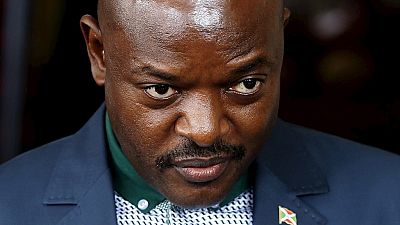

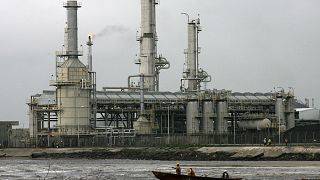
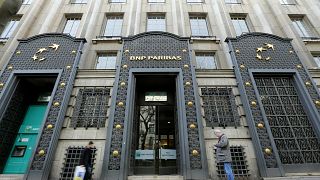
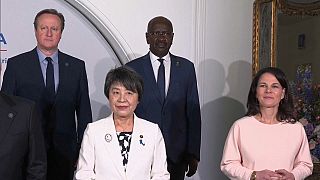
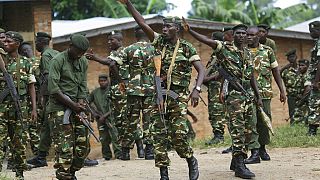
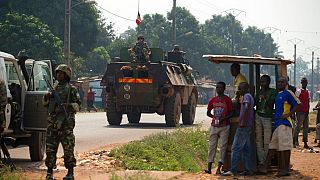
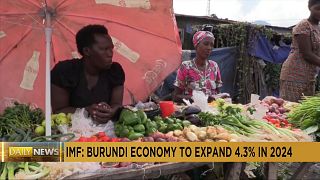
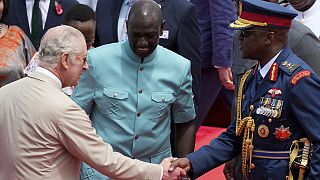
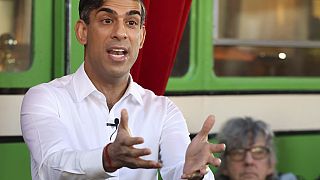
01:13
Kenya power delivers cheaper electricity bills for residents
01:25
Zimbabwe unveils new currency as depreciation, inflation stoke turmoil
01:14
South Africa narrowly avoids recession in Q4 amid sluggish growth
01:15
Gas-exporting countries to cooperate on battling demand volatility
02:00
SADC army chiefs visit Goma amid clashes between DRC army and rebels
01:56
WTO ministerial conference kicks off against backdrop of global instability